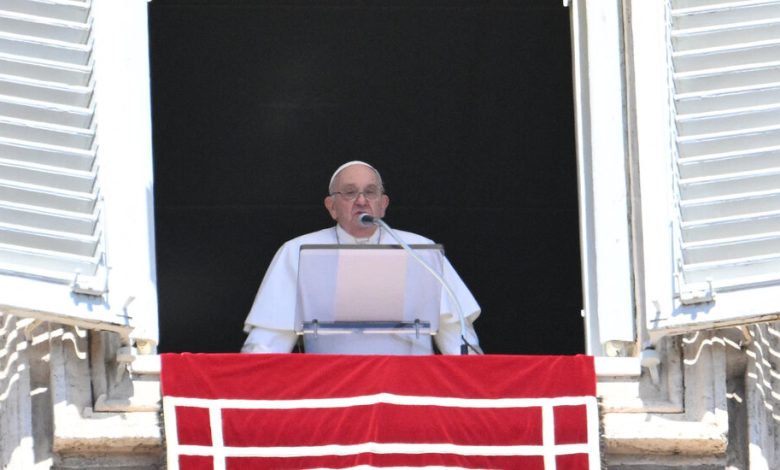Four Takeaways From the Vatican’s Document on Human Dignity

The document issued on Monday by the Vatican puts human dignity at the center of Catholic life, but in doing so, it broaches some of the most difficult and sensitive social issues, those that Pope Francis has spent his papacy avoiding.
On Monday, though, his church leaned hard into them in the document, called “Infinite Dignity.” It argued that the exploitation of the poor, the outcast and the vulnerable amounted to an erosion of human dignity. But it was the restating of the church’s rejection of abortion, the death penalty and euthanasia, and especially gender fluidity, transition surgery and surrogacy, that church liberals worried would be used as ammunition by the right.
Here are four takeaways.
The pope’s inclusivity has limits.
Pope Francis’ inclusive message, which has included allowing L.G.B.T.Q. Catholics to receive blessings from priests and transgender people to be baptized and act as godparents, has a limit: Catholic doctrine.
The pope’s conservative critics have for a decade argued that his tendency to speak off the cuff and in overly welcoming ways toward L.G.B.T.Q. people, the divorced and remarried, along with others who sin in the church’s eyes, had sent the wrong signal.
But the document released on Monday, and remarks by Cardinal Víctor Manuel Fernández, the prefect of the Vatican department with oversight over doctrine, underlined that the pope’s message was just that — a signal that the church was more open to the world, but that the substance, what it considers immutable “truth,” remained the same.
That dissonance, though, between Francis’ style and his defense of Catholic doctrine was highlighted by the document, and for many supporters of great change within the church, it amounted to a declaration that they would not get what they want.



